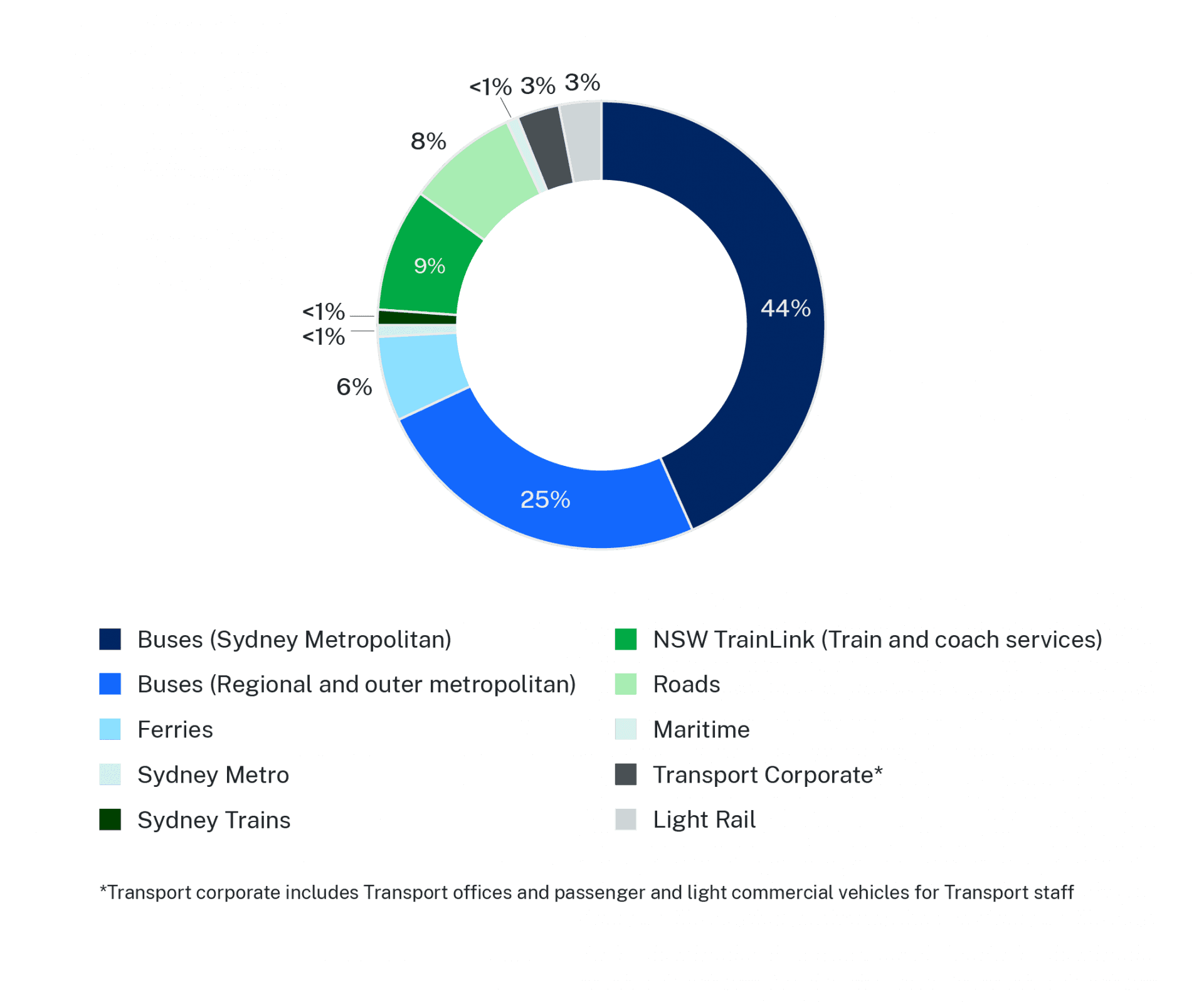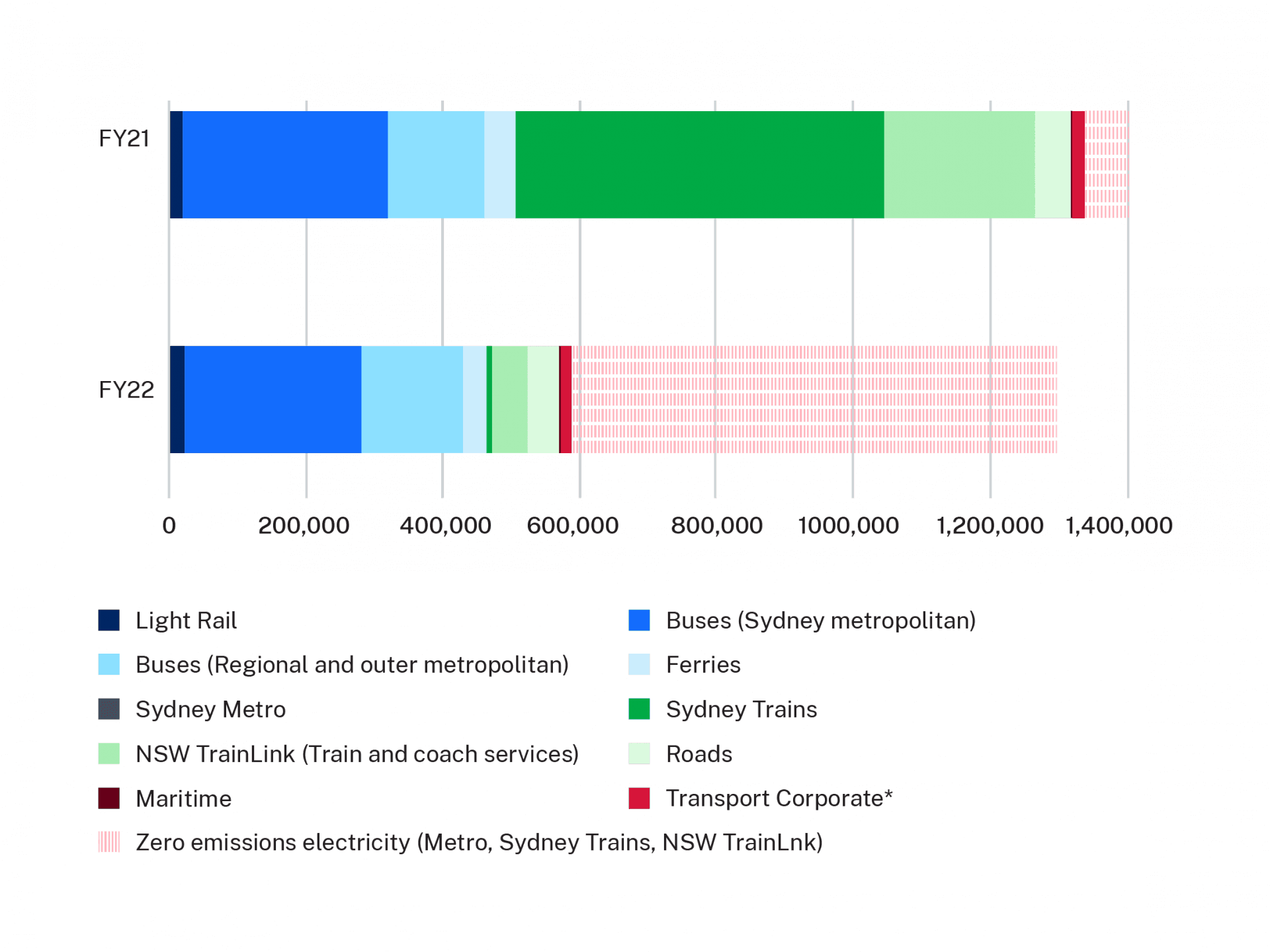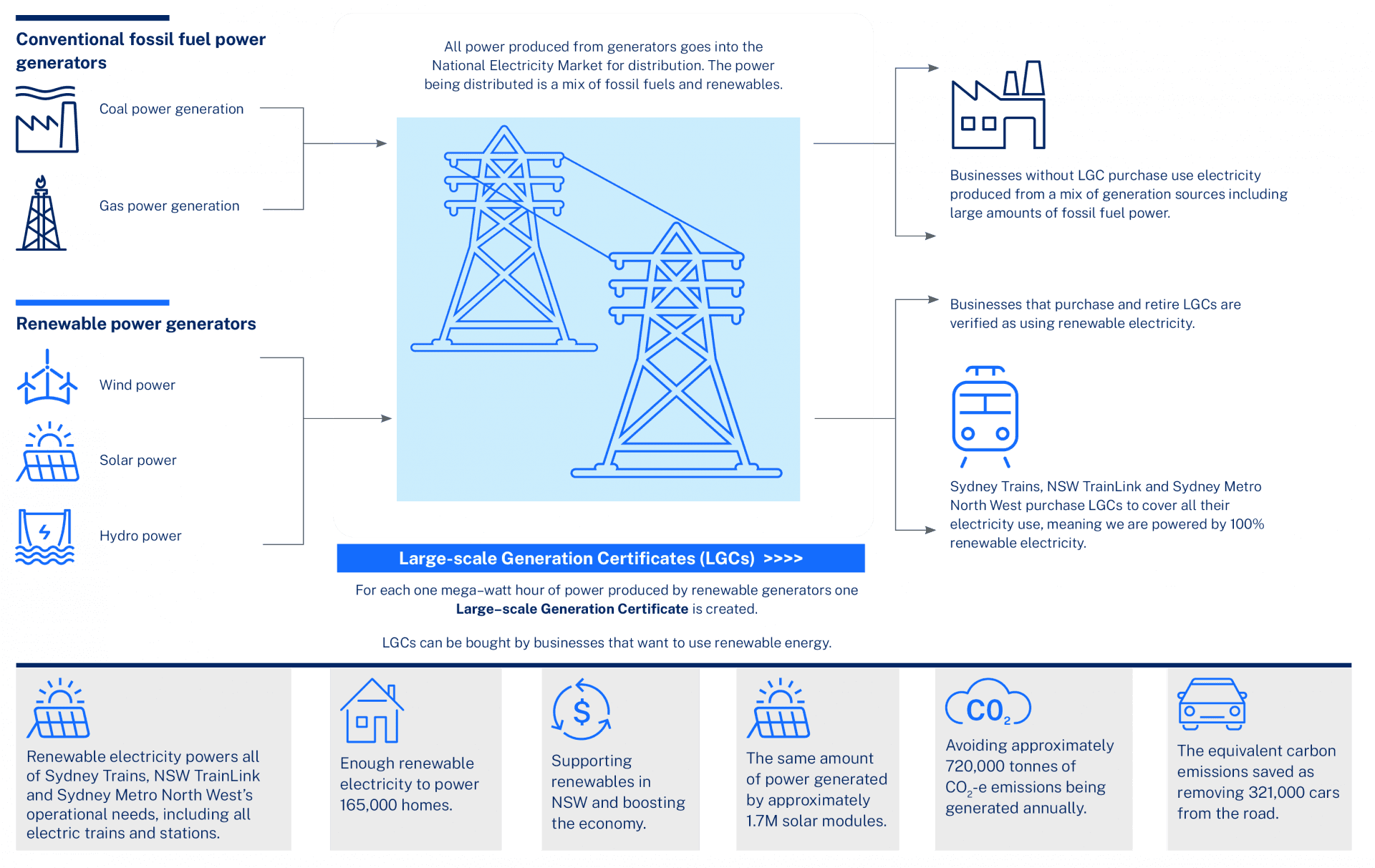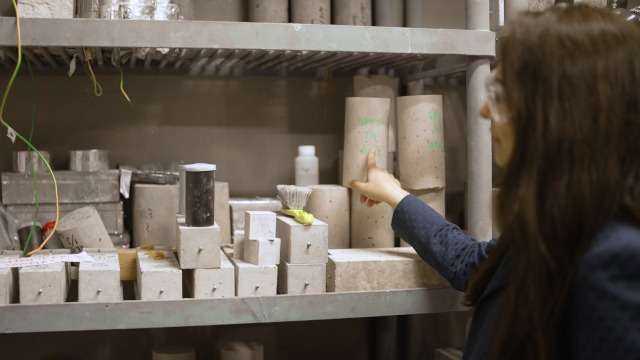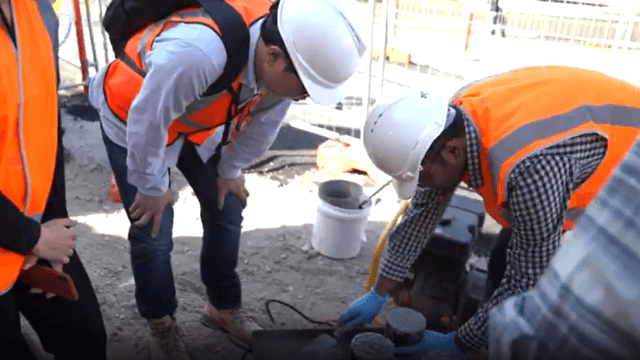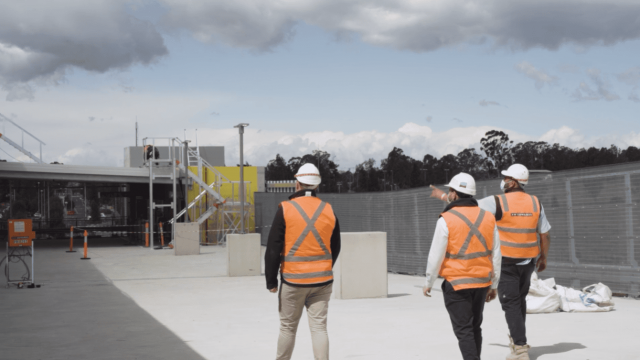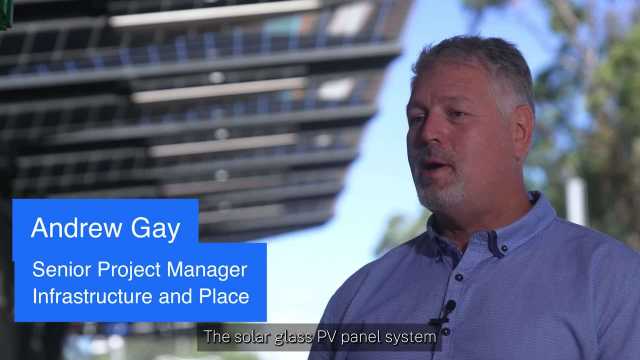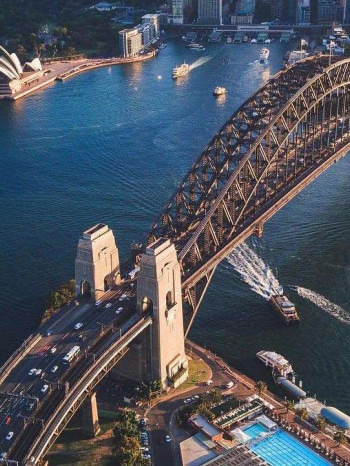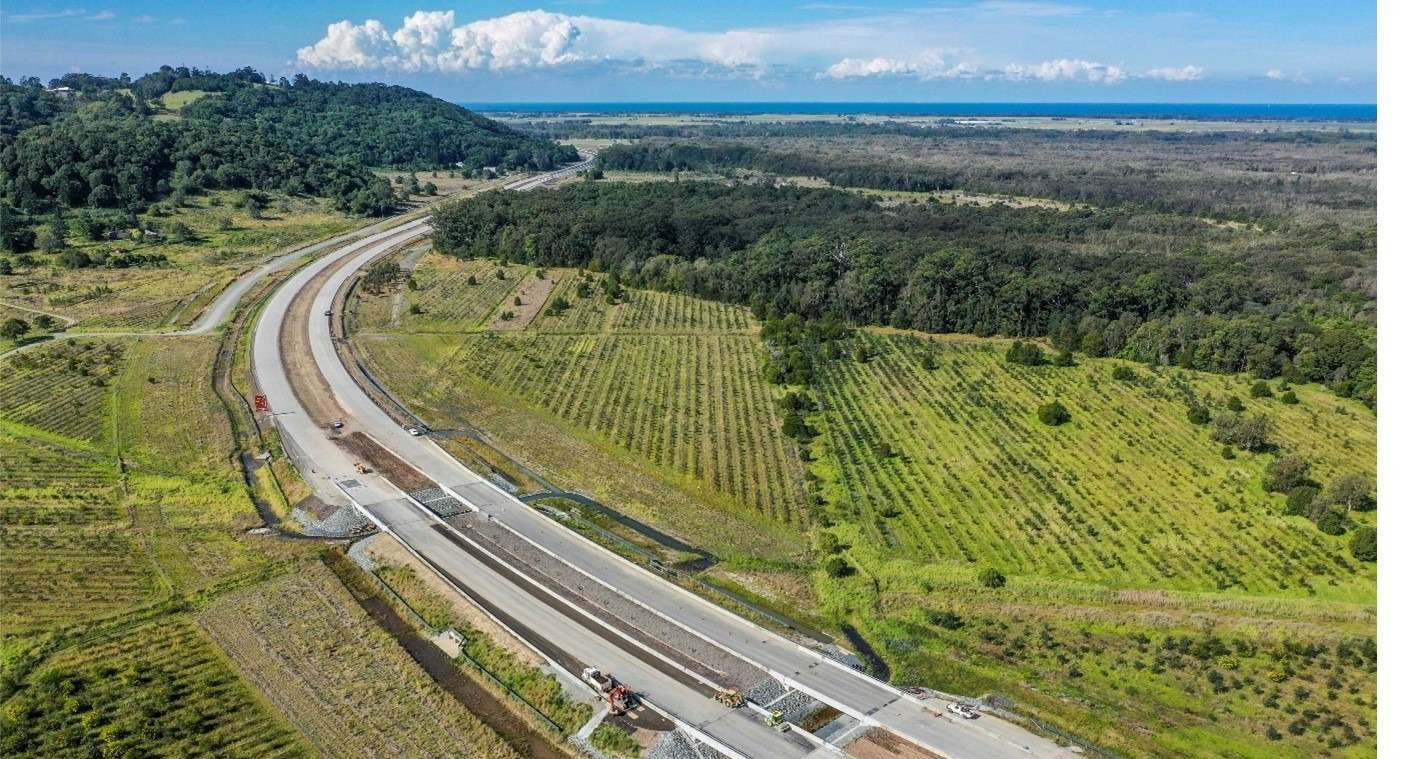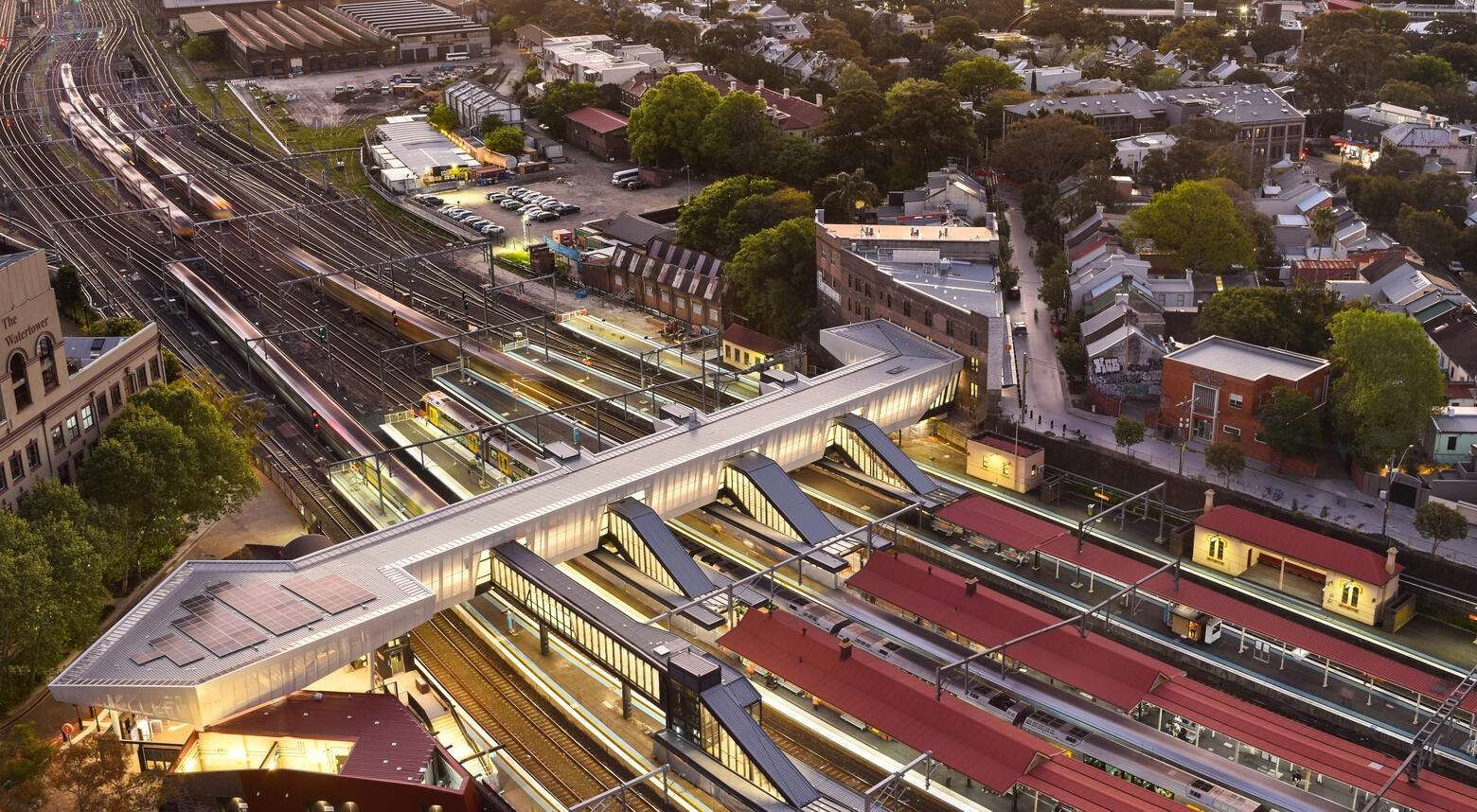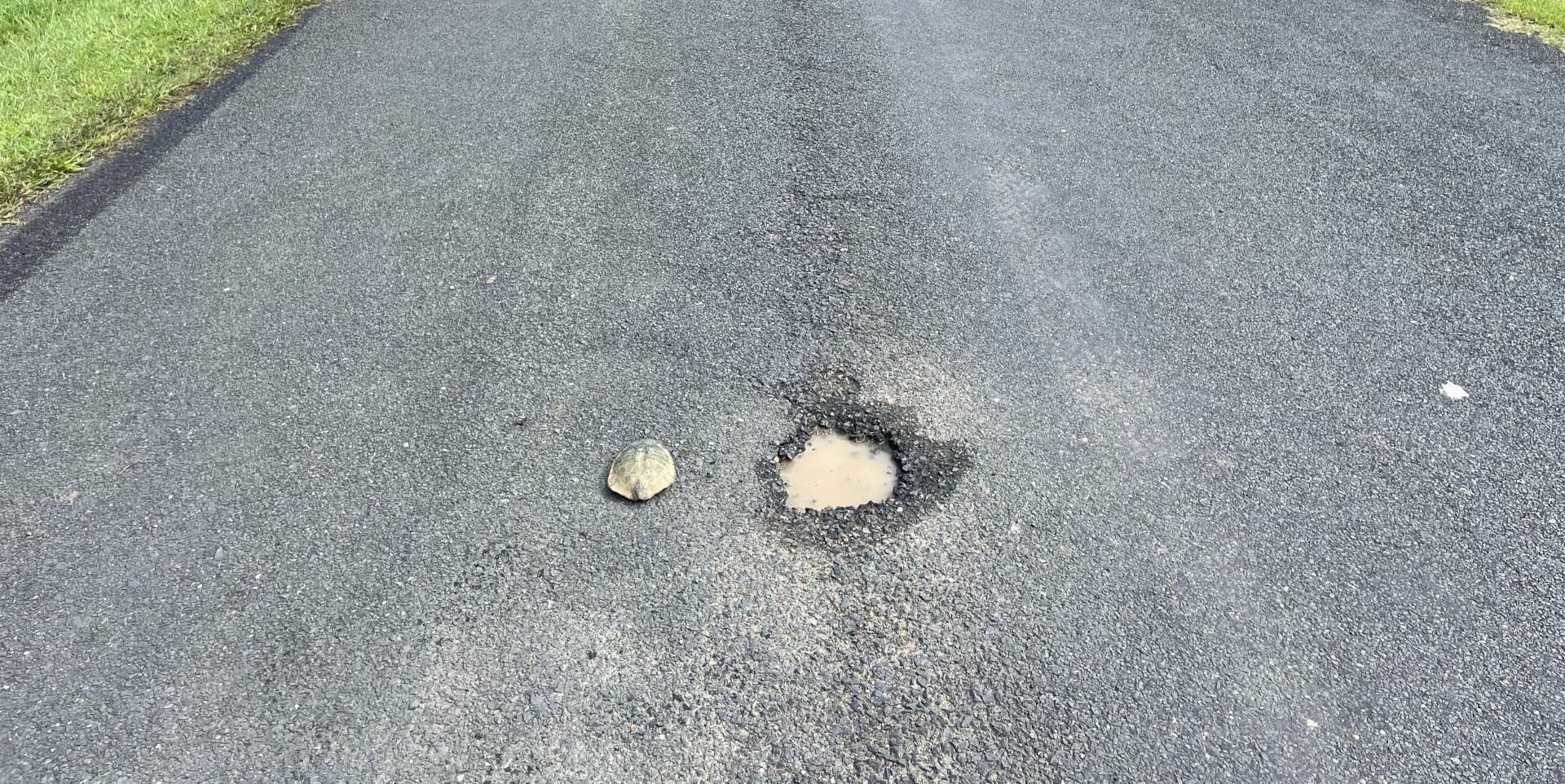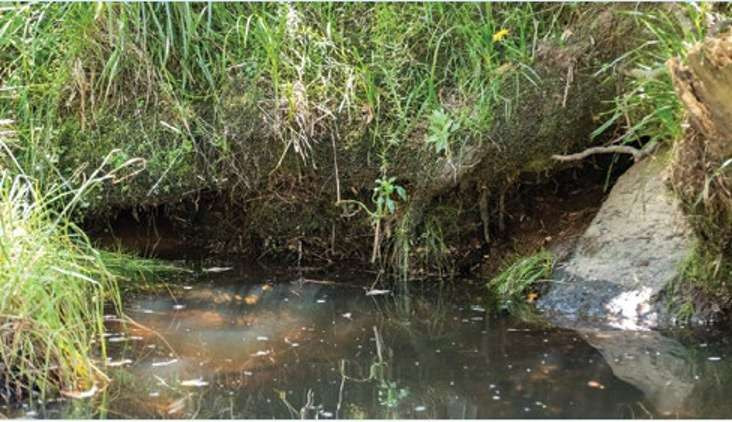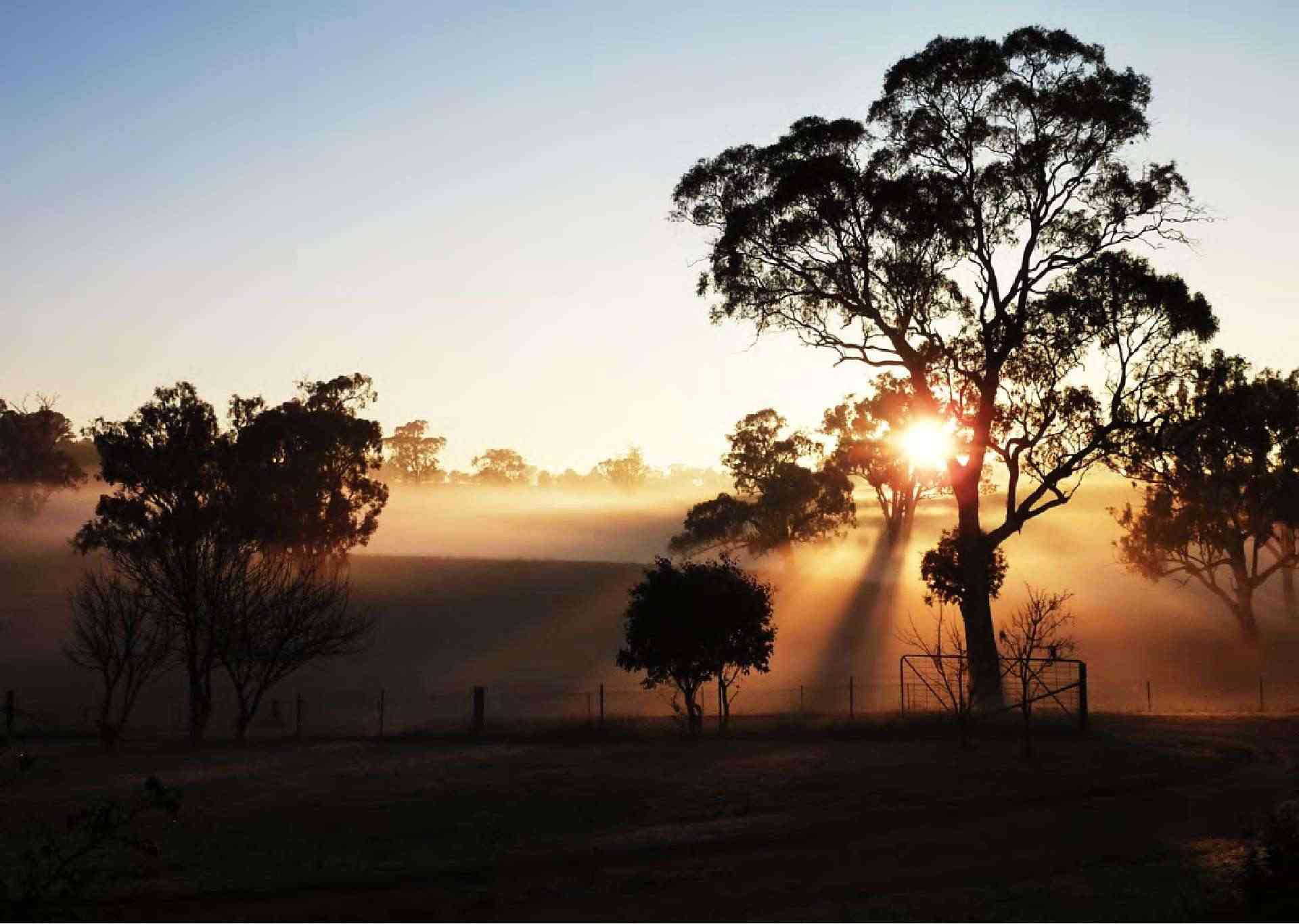

Focus area 1
Respond to climate change
We are working to mitigate, adapt and respond to the current climate crisis by reducing our greenhouse gas emissions and building climate resilience across our network of existing and future infrastructure projects.
Our goals
Consider climate change risks in all key decisions
Achieve net zero emissions from our operations and fleet by 2035
Why it's important
Climate change is the biggest global challenge of our time.
Climate change related risks, such as extreme temperatures, drought, sea-level rise, extreme rainfall and bushfires are a threat to businesses, infrastructure and our communities.
Consider climate change risks in all key decisions
With climate change expected to result in more extreme weather events, we are working towards a climate resilient network by:
- designing, building and operating climate resilient infrastructure and assets
- understanding and improving the resilience of our existing assets, networks and services through maintenance and upgrades
- building climate resilience through emergency response and recovery
- fostering cross-government collaboration
Net zero emissions by 2050
We’re committed to reducing our greenhouse gas (GHG) emissions, embracing low-carbon options and enhancing our network’s resilience to climate change. The broader transport sector contributes around 19 per cent of NSW’s GHG emissions, with our operations accounting for five per cent of the total transport sector emissions. By utilising renewable electricity across our passenger train network and in our operations, we’re on track to reach our goal of net zero emissions by 2050.
We developed the Net Zero and Climate Change Policy in 2023 to guide the transport sector towards net zero emissions, following extensive consultation with industry partners and, state and federal government agencies.
We also introduced the Towards Net Zero Emissions Freight Policy which sets out the strategic direction and actions to continue to support emission reductions across the road and rail freight transport sector. This policy sets out a clear pathway and a phased approach to decarbonising the freight industry and was created together with our industry partners.
Transport cluster emissions
Achieve net zero emissions from our operations and fleet by 2035
Building on the NSW Government’s net zero targets, we have developed a subsidiary target with a commitment to net zero emissions from our operations and fleet by 2035. A major milestone in this journey has been achieved by switching the Sydney Trains and NSW TrainLink electrified network to 100 per cent renewable electricity, slashing our operational greenhouse gas footprint by around 50 per cent. This ensures the train journeys our passengers enjoy today are leading the way to a sustainable future for generations to come. We are also steadily rolling out more zero emissions buses (ZEB) across Greater Sydney and starting ZEB trials in regional NSW.

